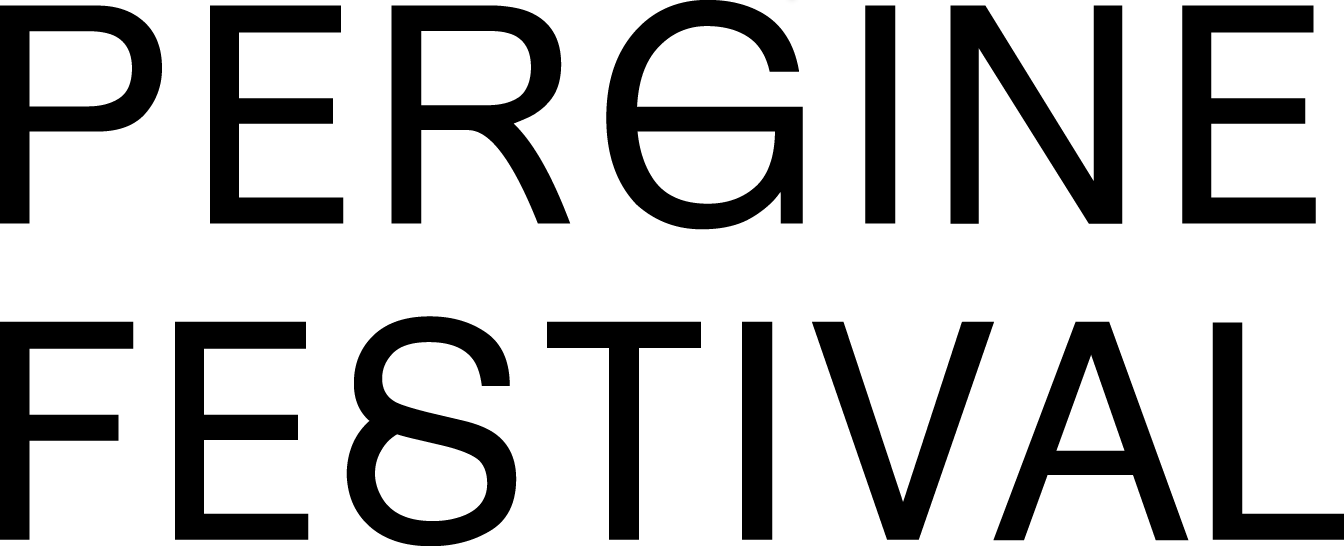The festival boosts economic and social growth
On Friday December 19th the members’ meeting took place in the sala Rossi of Cassa Rurale, Pergine Valsugana. The members voted and re-elected the same board, apart from Ugo Baldessari who has replaced Giorgio Sadler, recently passed away, for the position of auditor.
The meeting was also the occasion to comment on the results of the festival’s activity, given that in 2015 it will be its 40th Anniversary.
“In these hard times, finding resource isn’t easy” said the president Flavio Pallaoro. “For this reason we consider fundamental to report the results of the activity to authorities, sponsors and citizens.” the oldest festival in Trentino, seems to have found recently a second youth.
“We moved from simple entertainment to occasion of social debate” said Cristina Pietrantonio, artistic director of the festival. “We host national premieres, new productions of emerging and established artists. We give particular attention to the involvement of the local community in high quality works, to mention an example we can consider the commission of Nel ventre della Guerra , written by Angela Demattè, interpreted by Massimo Popolizio and the Castelpergine choir.”
The theme of 2014 festival was “Conflicts and Borders” and the programme included 137 artists from Italy, UK, Russia, Germany, France, Lebanon and Israel; 368 hours of events over 9 nine days.
“76% of the audience comes from outside the town and almost one third from outside the province” explained the director “this is clearly a good publicity for the town. Moreover the majority of the events are free or very cheap”.
Michele Andreaus, deputy President and professor of Economy at Trento University, presented the numbers of the festival. “The economic return on the territory is remarkable. We spend directly over €89,000 in our town, paying for services, food, accommodation and fees to local young adults who are part of the staff (51% of the staff is under 30 and 53% is composed by women). We have also to consider the indirect return: this year we had an average of 530 daily visitors from outside the town. If every visitor would have drank even only a coffee, the cafes of the city centre would have cashed in almost €8,000 more. Obviously is safe to think that many of them have also eaten or bought something. And all this only thanks to the festival”.
The name of the festival itself works as touristic promoter since the name of the town is part of the name of the festival and appears regularly on the national press. “This is territory marketing” underlined Cristina Pietrantonio “if the town council or the tourist office would invest in this kind of promotion, it would cost €10,000”.
Pergine festival is doing well: it renovates itself, offers employment to young adults; it has an efficient management and a remarkable economic and social return on the territory. Who says that arts and culture are not consistent sources of economic growth?

